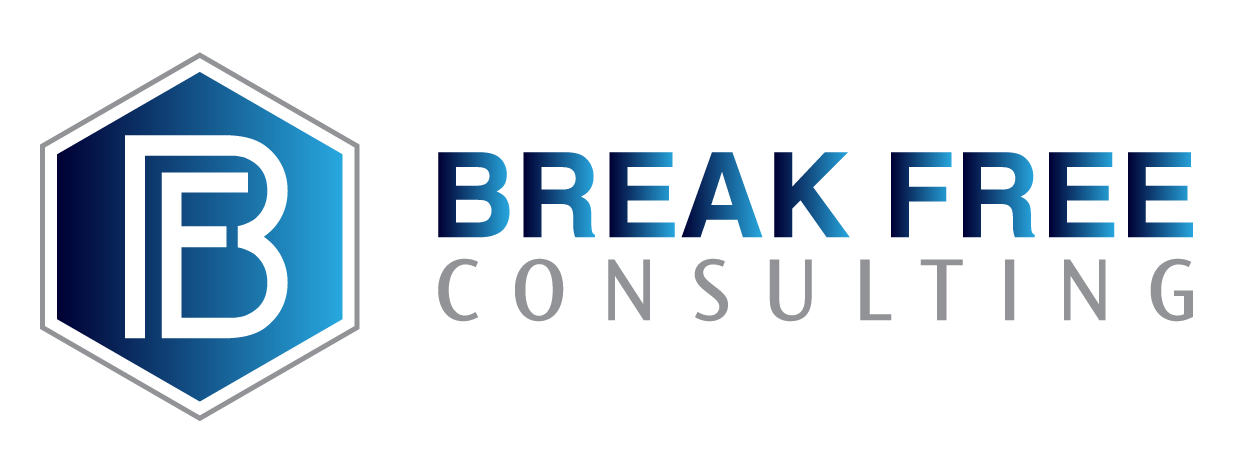|
|
The Contemptuous Eye RollThis is an encore newsletter from a couple of years ago that I wanted to send out again because I’ve noticed a lot of contemptuous eye rolls lately… especially in American politics and current events. We’ve been talking about expectations and perfection in the last few newsletters and that can often lead to devaluing of the human being (because our mind is overvaluing the idea or expectation). The green text, like this text, is new information that I’ve added to the previous edition. What I’d like to draw your attention to in this issue is how you can recognize when you are devaluing others. If you can learn to recognize a key component to this transposition of value, you will be one step closer to being able to bring positive value to those around you. In my coaching practice, the key goal is to basically shorten and eventually eliminate the time between when you recognize you’ve messed up and when you actually messed up. If you, at this Pivotal Moment, can choose a different response, YOU will be able to be on your true path to success. If you don’t choose to respond differently and ignore a sabotaging thought, you will greatly hinder your success. Let’s learn about a commonly overlooked (devaluing) expression… World Famous Face Reader
Dr. Ekman’s work is also featured on the Fox show “Lie to me*”. You can watch full episodes by going to http://www.fox.com/watch/lietome. Dr. Ekman’s expertise is very unique and can be very helpful when understanding when you are de-valuing others. For instance, Dr. Ekman is able to accurately predict whether a couple will divorce in the next 4 years simply by watching (not even hearing) a couple’s conversation. He doesn’t even need to see the whole conversation… he only needs to see 3-4 minutes to make his prediction. He is right 94% of the time!! How does he do it?
Dr. Ekman studies show that there are many facial expressions that can predict when a relationship will fail but one of the most telling is the contemptuous eye roll!
Let’s look at this expression and see if you can recognize this in your life… We don’t talk about contempt much in our society unless, of course, we’re talking about courtrooms and lawyers. So, what is contempt? Contempt is a feeling of being better than another person, of being superior, usually morally superior but it can also be felt toward some who is weaker in intelligence, strength, and so forth. Basically, contempt is devaluing another person and overvaluing your ideas and expectations or your self. During that moment of contempt, your mind is convincing YOU that by devaluing another, you are some how gaining value. That simply is NOT true! Value is not a zero-sum game. Your “contemptuous eye roll”Many times contempt comes from an emotional experience earlier in your life that you have been trained to respond to. As Dr. Ekman says, “We may find ourselves responding inappropriately to things that angered, frightened or disgusted us earlier, reactions that we now deem inappropriate to our adult life. There is a greater likelihood that we will make mistakes in our early learning of emotional triggers simply because our learning mechanisms are less well developed. Yet what we learn early may have greater potency, greater resistance to learning, than what we learn later in life.” The powerful thought habits that you have inadvertently obtained may now be sabotaging your relationships, your effectiveness, your productivity and your creativity. They are causing you to have a skewed perspective or a distorted view of reality. It is YOUR feelings of threat, danger or other emotions that are the true causes of contempt – NOT the actions of another person. In that moment, your ideas and expectations that YOU created in your own mind are more important than the other human being. When you expect someone to act or behave a certain way and they don’t measure up to what your brain created, your brain is threatened by not being right or able to correctly predict what was going to happen… then, the contemptuous eye roll can appear. There are many reasons for our feelings of contempt. Here a just a few:
Some common times when this contempt may happen are perhaps when a person jumps in line or cuts you off in traffic or breaks one of your rules or name-drops. How about when someone tries to explain something to you do you assume they are being condescending? In all these instances your brain is assuming INTENT and triggering your feeling of contempt. And, where there is contempt there CAN NOT be intrinsic or positive value. Helpful HintsFirst of all, let’s talk about children and teenagers… When you allow them to say “Whatever” (usually pronounced wuht-ev’-ah) to our requests or comments, you are inadvertently promoting contempt. The next time you hear that, stop and take a true interest in the person. Ask them questions about their emotions. Did something you say make them feel threatened? Instead of you being offended that they were offended or disrespectful, could you step into their world and look at your actions from a different perspective? If so, was it something that was a true threat to them or could your actions and words be seen as an apparent threat? Can you help them think of any other way to react that might be more productive for THEM? Now let’s talk about you… In order to change your behavior and begin to live a life filled with intrinsic (greater) value, you should follow these steps:
Think About It…There are many other devaluing expressions and emotions that you may have learned inadvertantly that are now restricting your success. I only focused on one here. Can you identify others? (maybe sarcasm, cynicism, disdain, etc.) Do these have facial expressions that can help you ‘catch’ those thoughts and feelings so that you can change them?
|


 Have you ever heard of
Have you ever heard of  Dr. Ekman understands that we have micro-expressions that are exposed on our faces that represent how we REALLY feel. These micro-expressions are brief (lasting just a few milliseconds) and contain emotional signals regarding our internal thoughts.
Dr. Ekman understands that we have micro-expressions that are exposed on our faces that represent how we REALLY feel. These micro-expressions are brief (lasting just a few milliseconds) and contain emotional signals regarding our internal thoughts. Paul Ekman discovered this contemptuous facial expression which involves pulling one lip corner to the side and creating a dimple usually accompanied by an eye roll. Just counting how many times somebody did that facial expression when conversing with their partner was an excellent predictor of whether they would get divorced or not.
Paul Ekman discovered this contemptuous facial expression which involves pulling one lip corner to the side and creating a dimple usually accompanied by an eye roll. Just counting how many times somebody did that facial expression when conversing with their partner was an excellent predictor of whether they would get divorced or not.